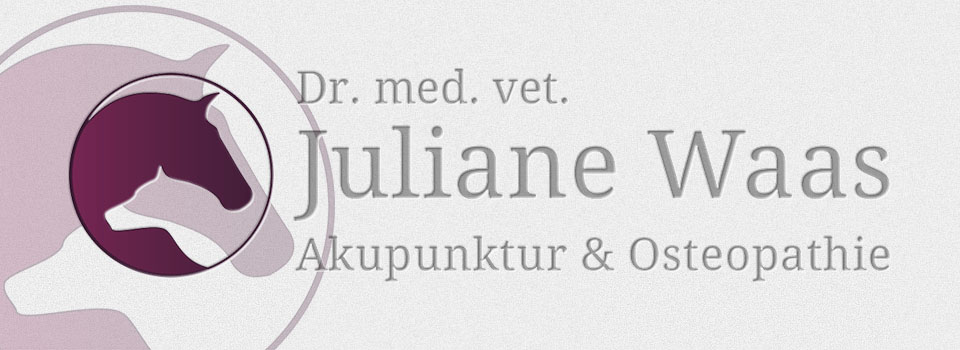Osteopathy for Horses
In horses, osteopathy is most commonly used in cases of poor performance or gait aberrations, for example failure to bend properly or a shortened stride. By releasing blocked joints and tissue adhesions, tense muscles are relaxed (and the associated pain reduced or eliminated), so full range of motion can be reestablished.
Osteopathic lesions can also be the reason for behavioral problems, such as suddenly refusing jumps, bucking, head shaking, and problems when girthing/saddling.
Osteopathic treatment can also be very beneficial after being cast in a stall, after accidents, or after surgery under general anesthesia.
Ailments osteopathy can treat in horses:
- Compromised range of motion
- Stiff gait
- Difficulties in bending or stepping under properly
- Gait aberration
- After accidents/falls/stall casting
- Coordination deficits
- Head tilt
- Back pain
- Muscle pain
